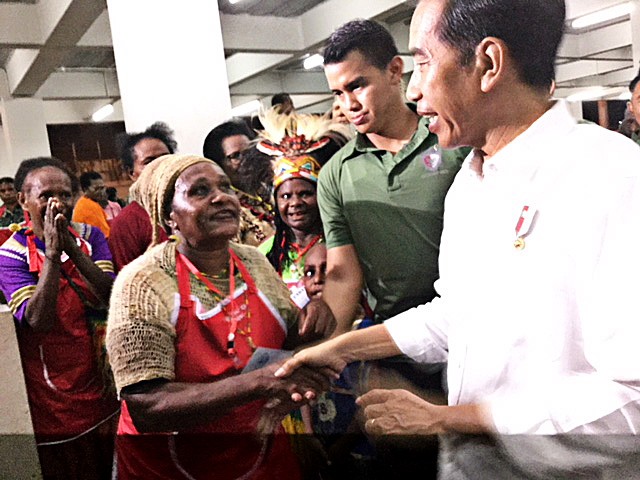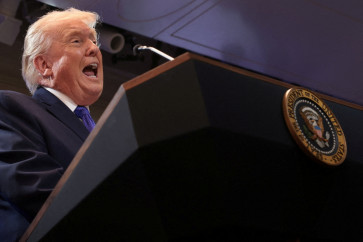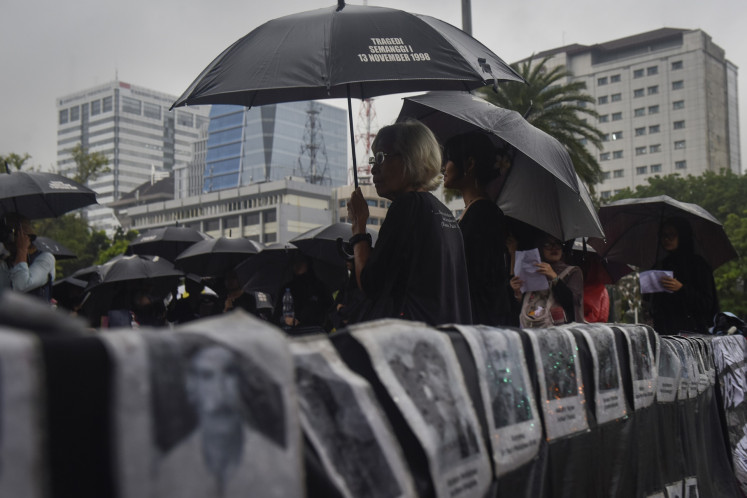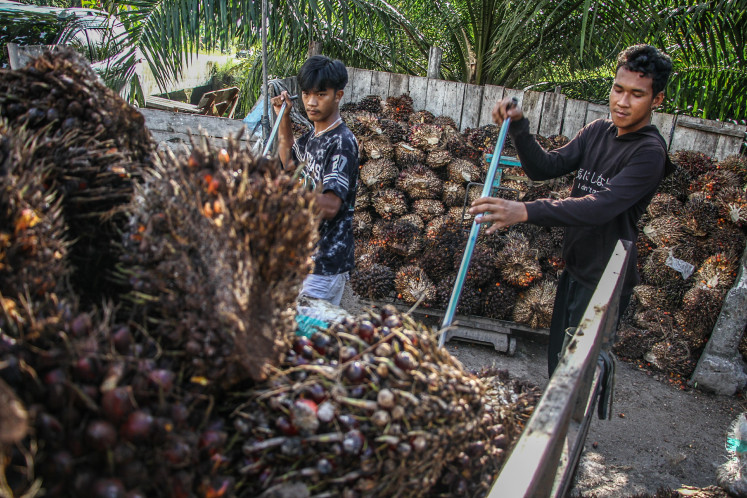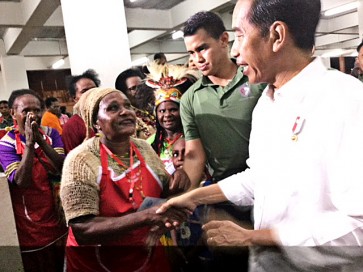Popular Reads
Top Results
Can't find what you're looking for?
View all search resultsPopular Reads
Top Results
Can't find what you're looking for?
View all search resultsNationhood and development in Papua
Nevertheless, the Papuan identity has always remained tightly interwoven within Indonesia’s nation-building narrative.
Change text size
Gift Premium Articles
to Anyone
I
ssues in Papua, have always gathered widespread attention. A recent “yellow-card” episode involving the chairman of the University of Indonesia’s student executive body (BEM UI) and President Joko “Jokowi” Widodo is linked to problems of development in Papua whereas in Australia, issues related to Papua have also often grabbed media attention.
To date, policy discourse on Papua has taken various angles. One of the more dominant angles is the “ethno-nationalism” lens, expressed most visibly by writers like Jim Elmslie and Richard Chauvel, who question the compatibility of the “Papuan” and “Indonesian” identity due to historical and cultural disjunctures. Separation is a logical consequences, according to this view.
Nevertheless, the Papuan identity has always remained tightly interwoven within Indonesia’s nation-building narrative. Active participation by local leaders such as Silas Papare, Marthen Indey, Frans Kaisiepo and JA Dimara during military operations in the early 1960s to seize Dutch-controlled Western New Guinea and diplomatic efforts to push for the territory’s integration into Indonesia, signifies the role of Papuans in constructing a common identity of national struggle against Dutch colonialism.
The degree to which Papuans actively play a part in public service and leadership is another testament to this integrative nation-building process.

